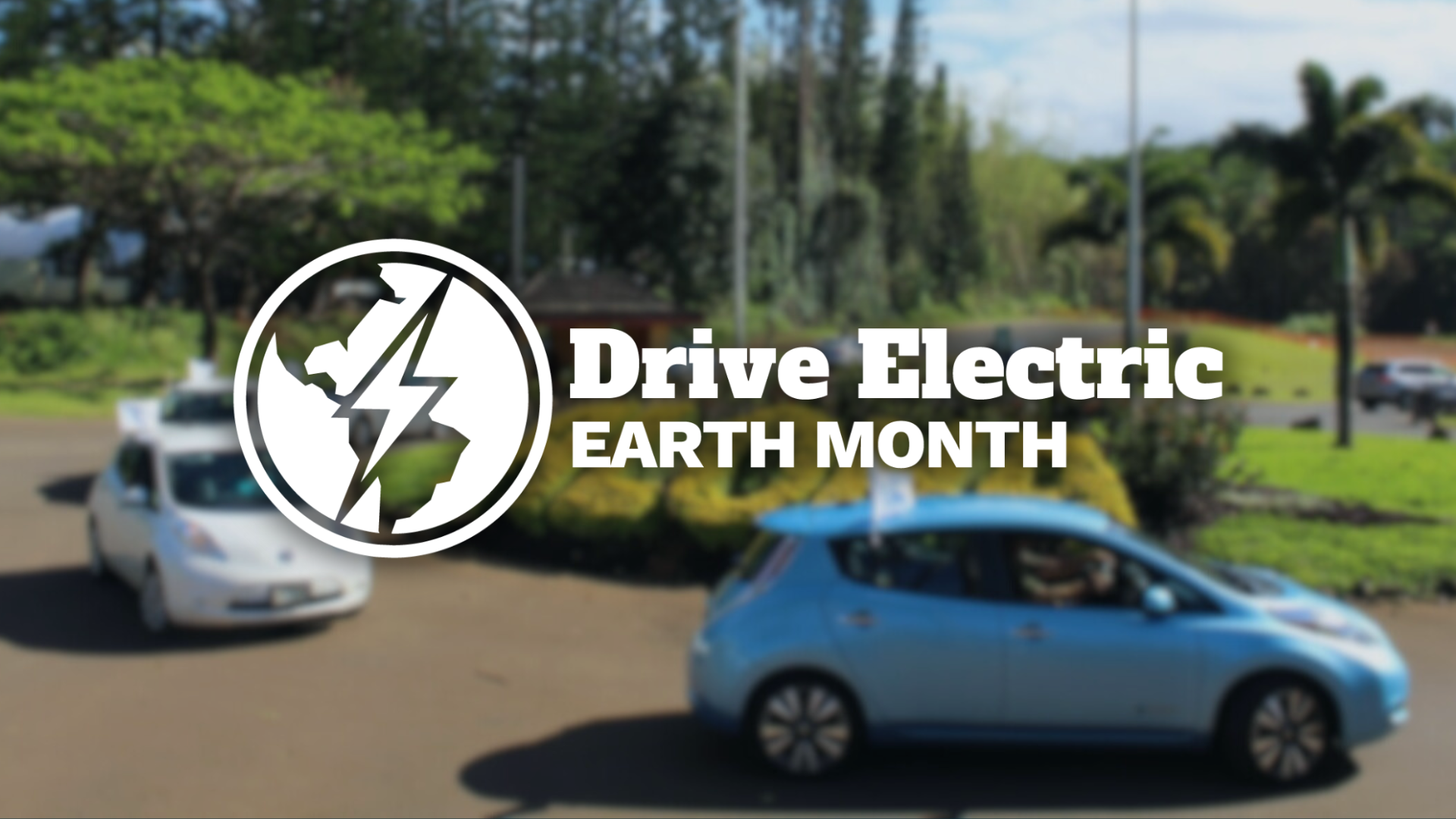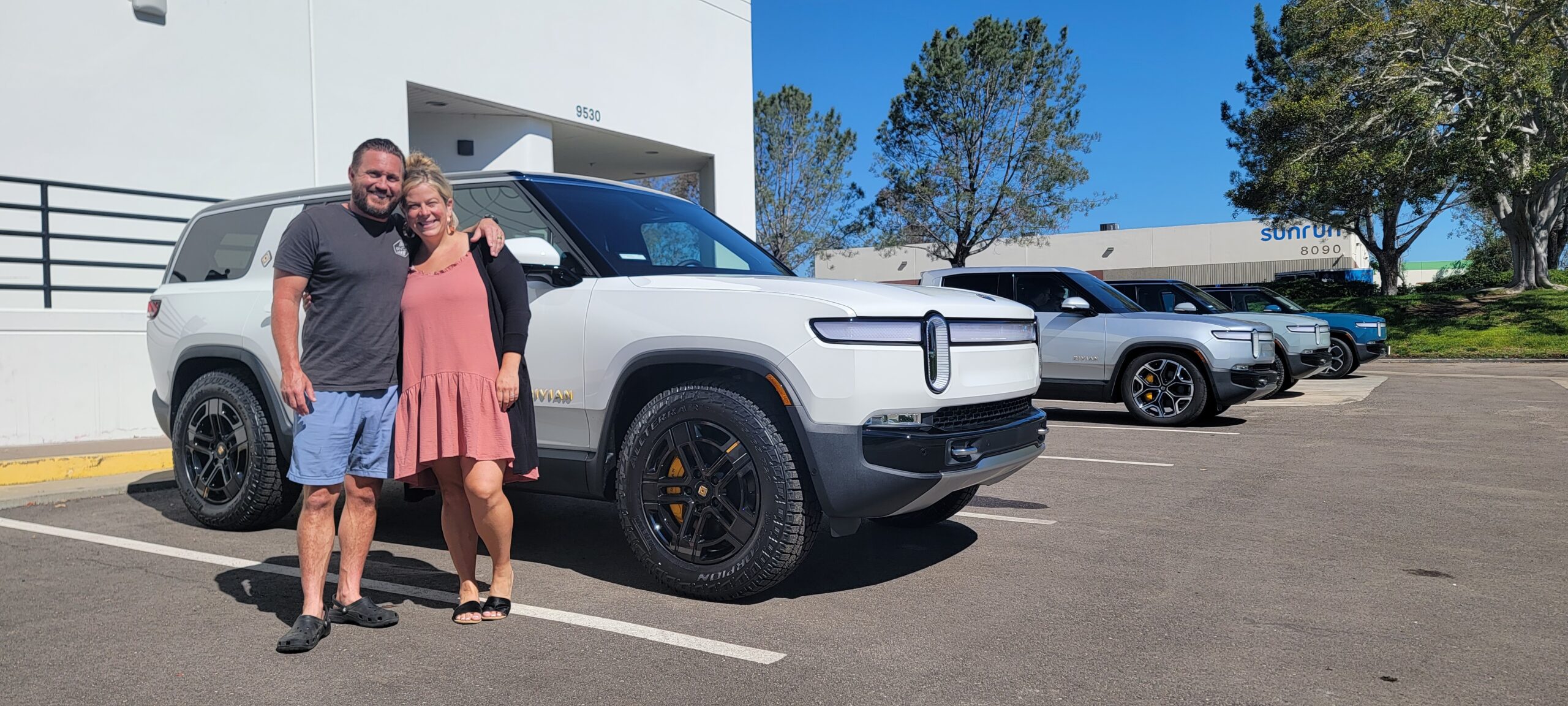
Are plug-in hybrids merely a stepping stone to an all-battery electric national fleet? Or are they destined to be a long-term fixture of the American automotive industry? Two new articles take opposing views on the matter. Neil Winton of Forbes observes that most major auto manufacturers believe that plug-in hybrids will make up a significantly higher market share than battery electrics by 2030. His article posits that fast-charging networks are infeasible, and the 40+ mile electric range of future plug-in hybrids is more than enough to enable all-electric commuter transit while still retaining the long-distance capability of an ICE.
Having a (plug-in hybrid) with a small battery giving you 50 to 60 kilometers (maximum close to 40 miles), that’s what people want. – Nicolas Meilhan
Graeme Roberts at Just-Auto reports that battery electric technology is advancing rapidly and soon will close the gap on plug-in hybrids with regards to cost and range. With new long-range affordable battery electrics reaching consumers such as the 238-mile (EPA-rated*) Chevrolet Bolt and the 190-mile (NEDC-rated**) BMW i3, and future 350+ mile electrics such as the VW IQ slated to hit the market within the next five years, Roberts wonders whether plug-in hybrids will still retain a competitive advantage over battery electrics.
The fact is that vehicles such as this effectively remove the rationale for hybrids. Within a few years, hybrids could be seen as little more than a curiosity and this will undoubtedly affect their values. – Rupert Pontin
As Long-Range EVs Loom, Are Hybrids Just a ‘Passing Phase?’ – by Graeme Roberts
Auto Industry Cranks Up For More Electric Cars As Hybrids Edge Batteries – by Neil Winton
What do you think? Are battery electrics the future or will plug-in hybrids dominate? Let us know in the comments below!
* EPA-rated = electric range as rated by the US Environmental Protection Agency. American standard.
**NEDC-rated = electric range as rated according to the New European Driving Cycle. European standard.

